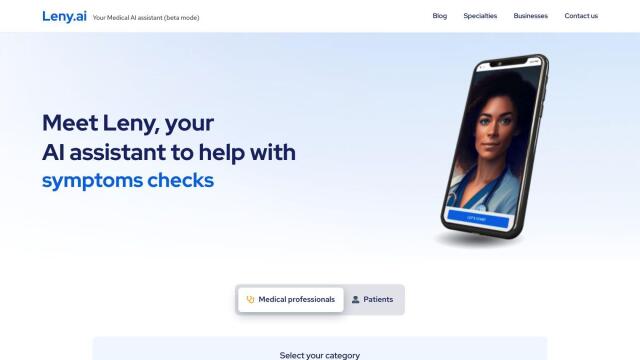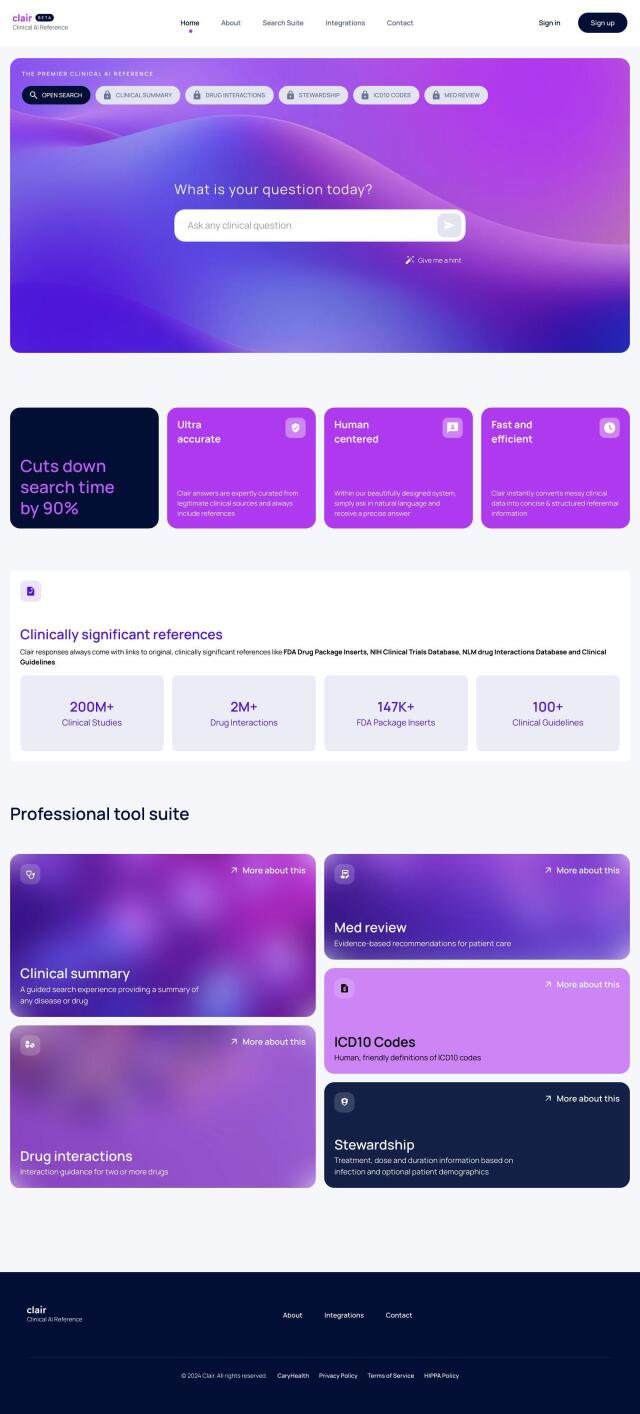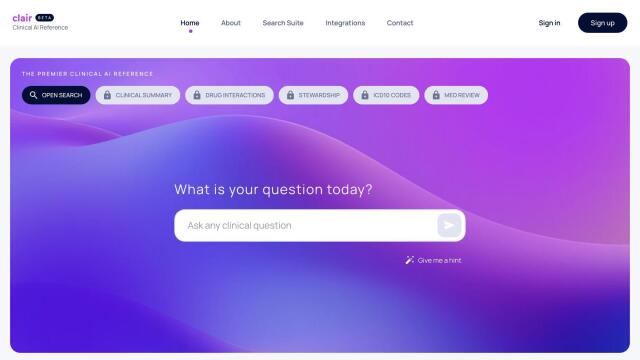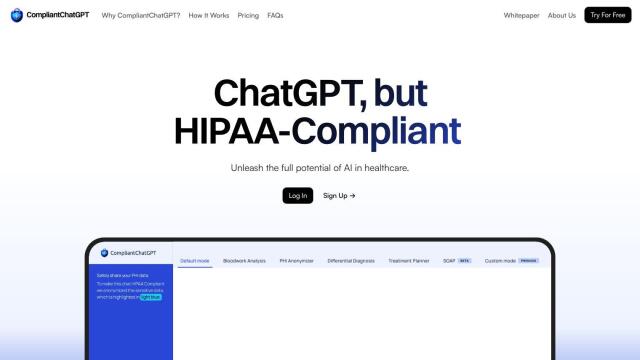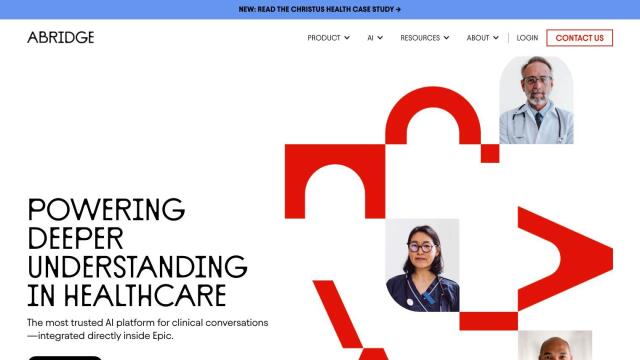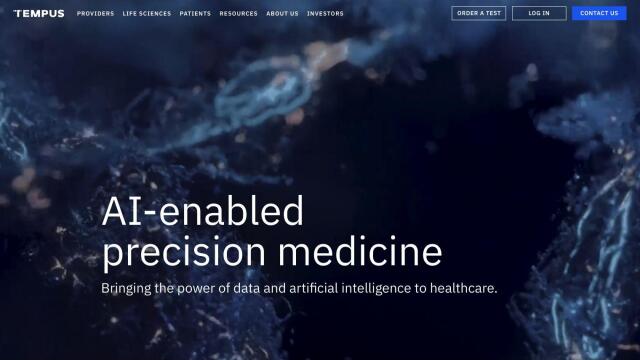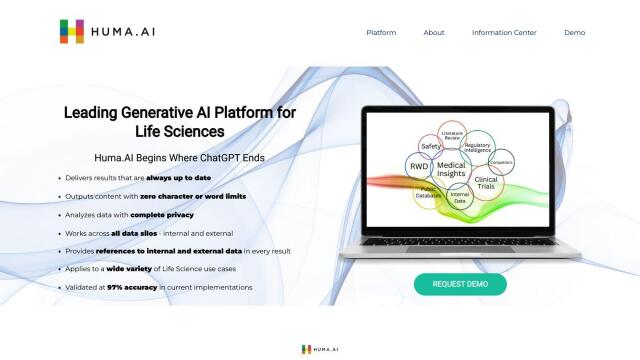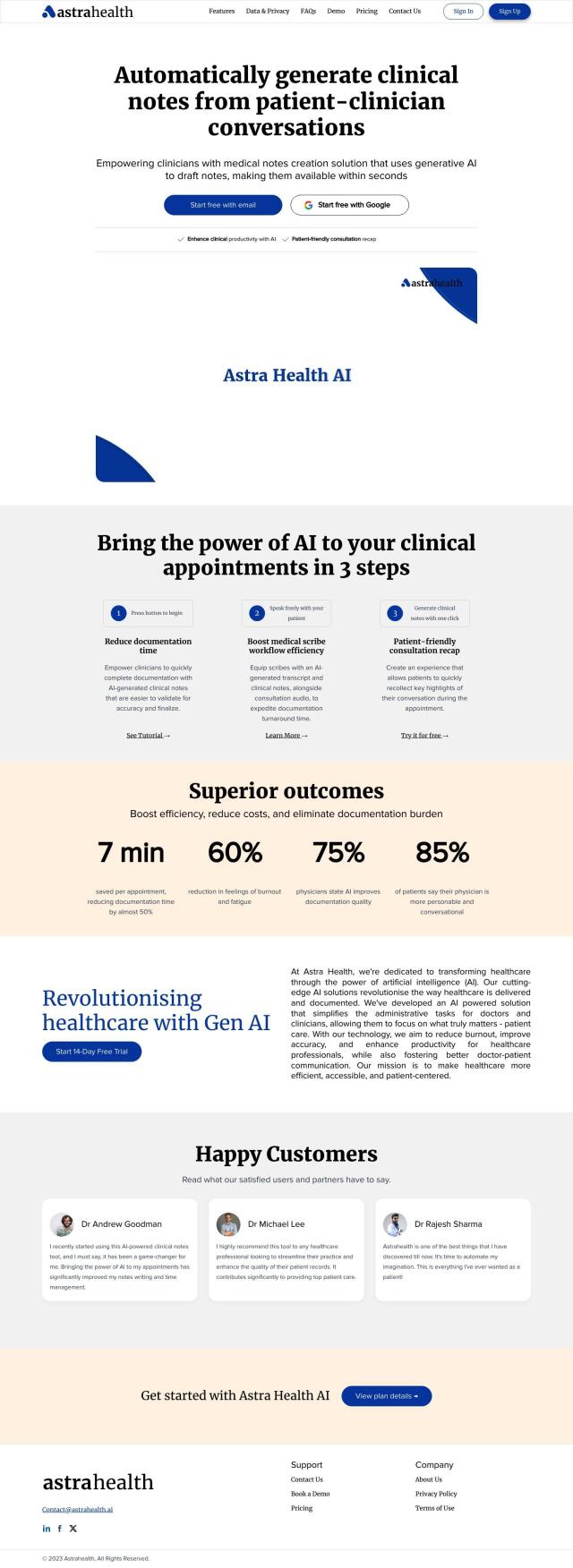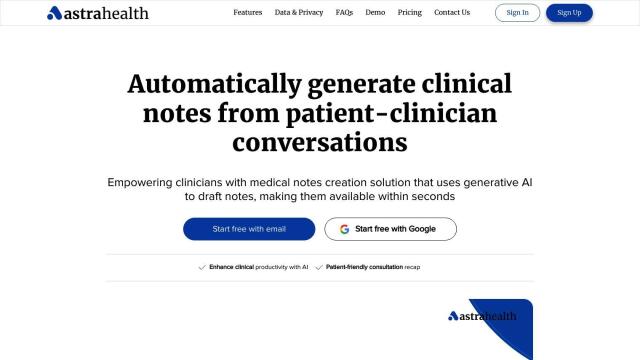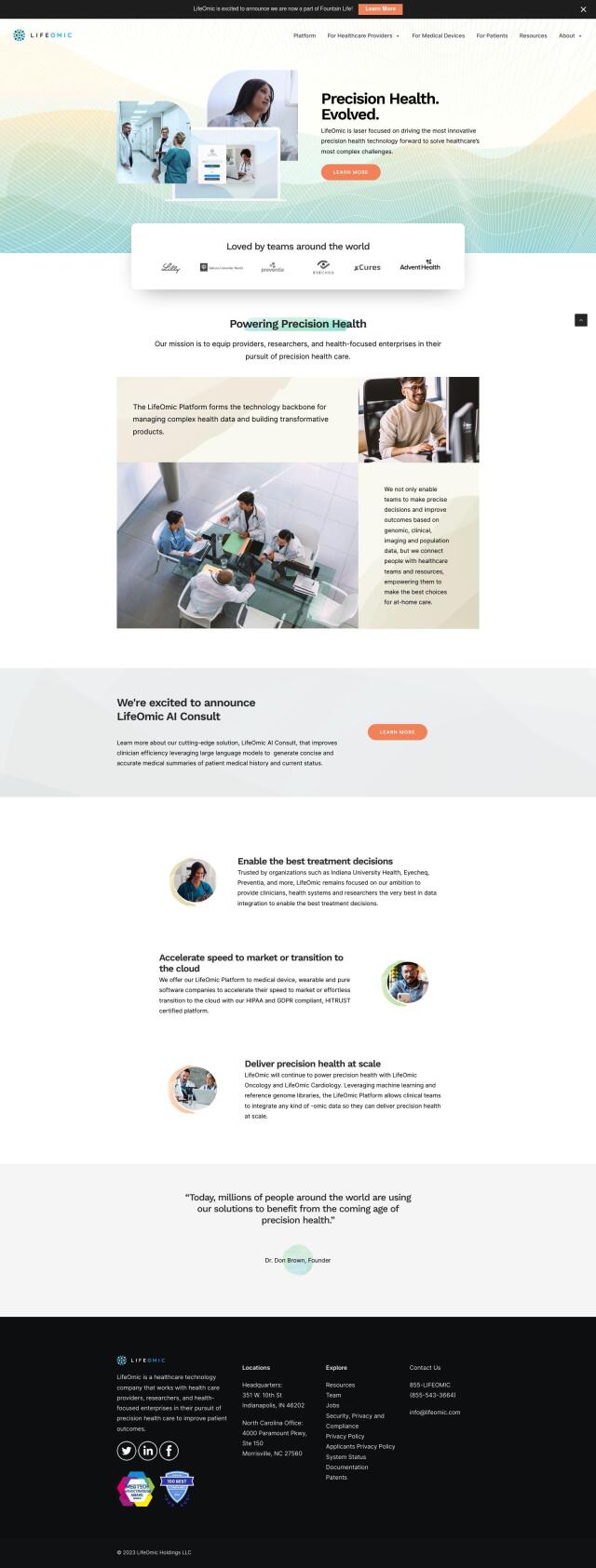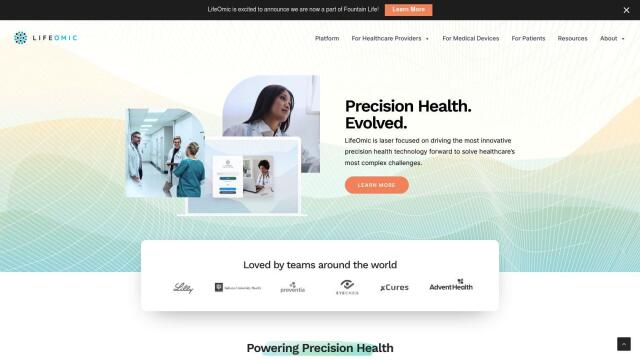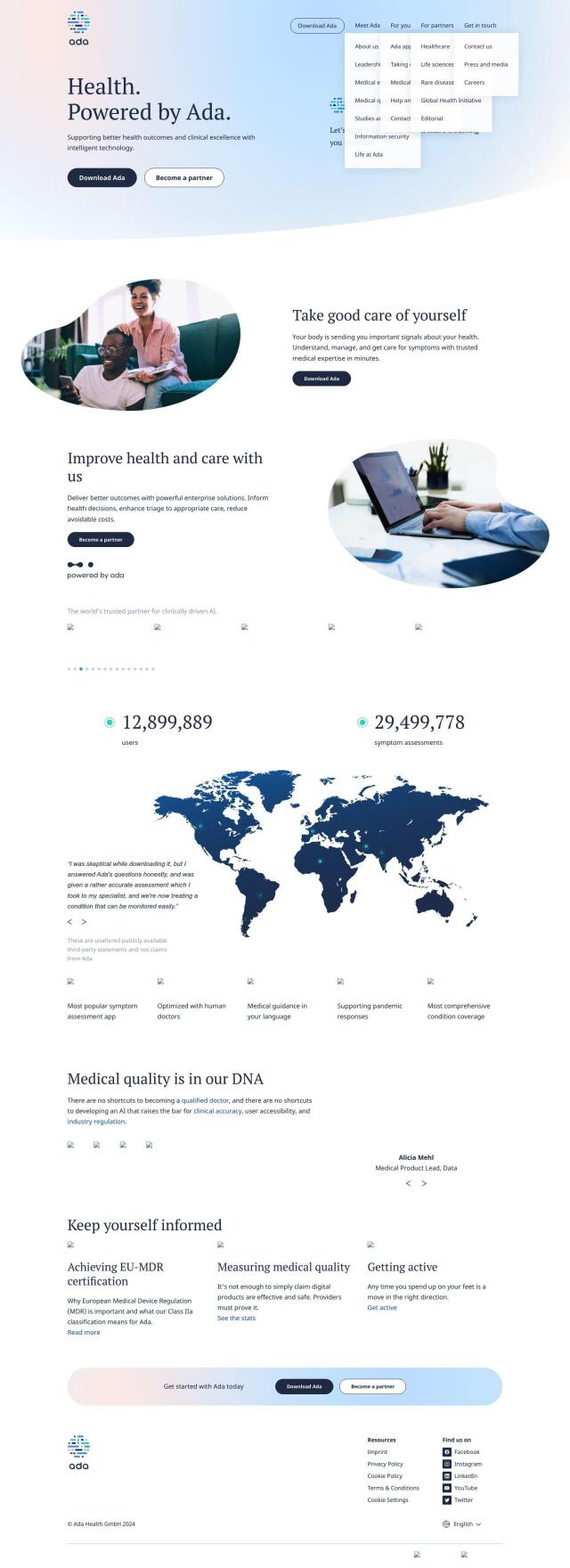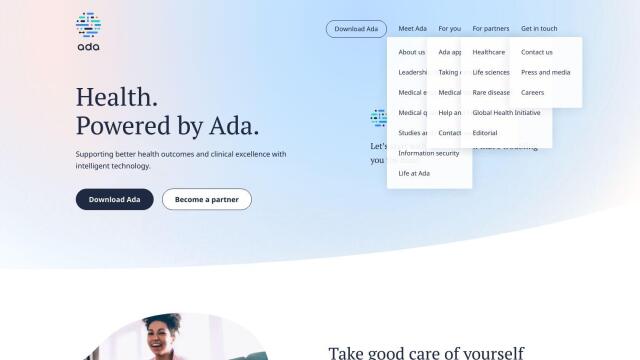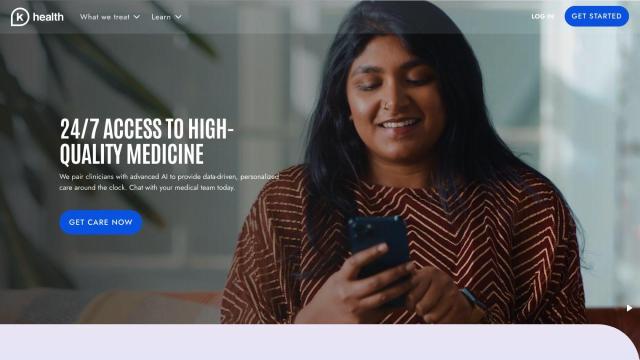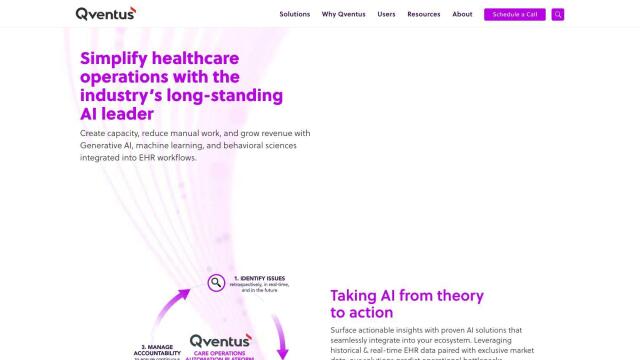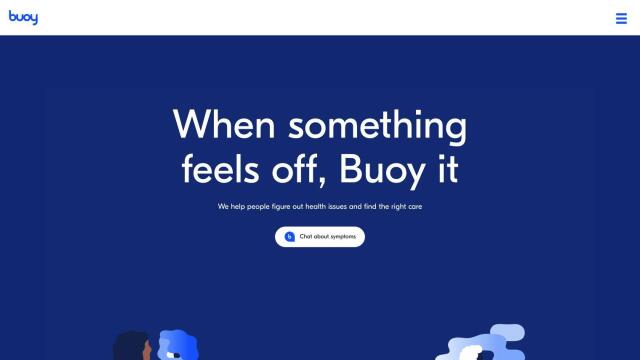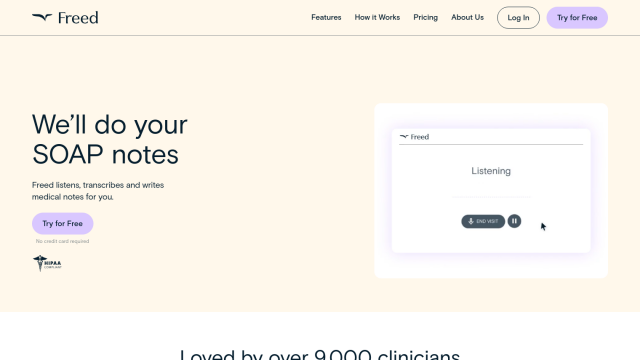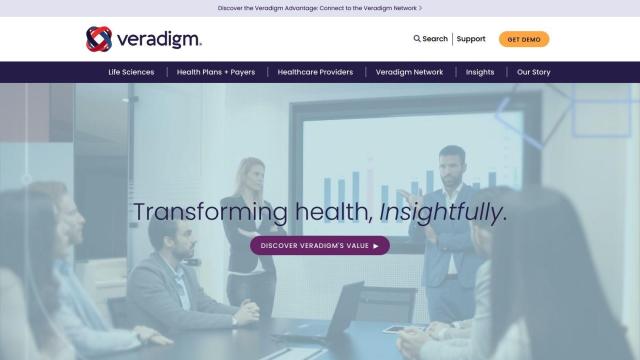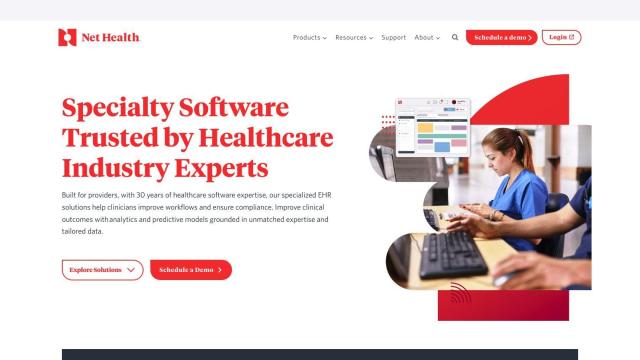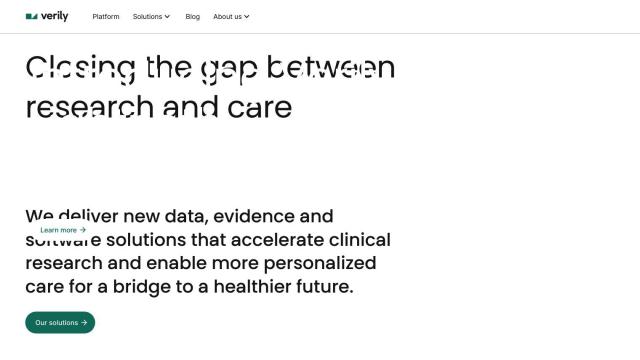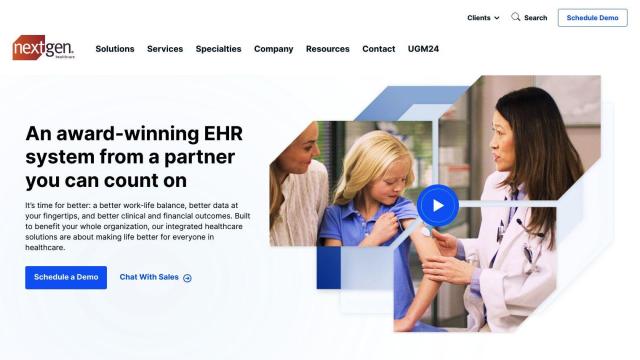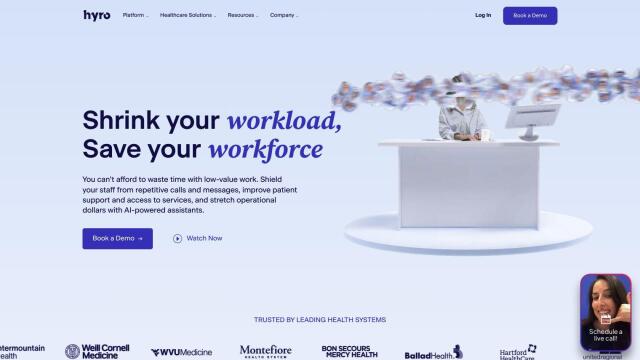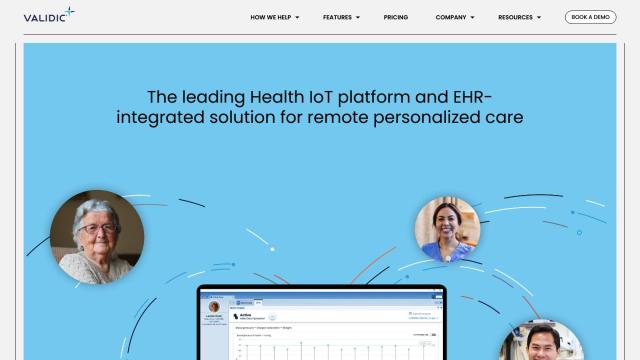Question: I need a platform that can generate treatment plans for patients based on the latest medical research.

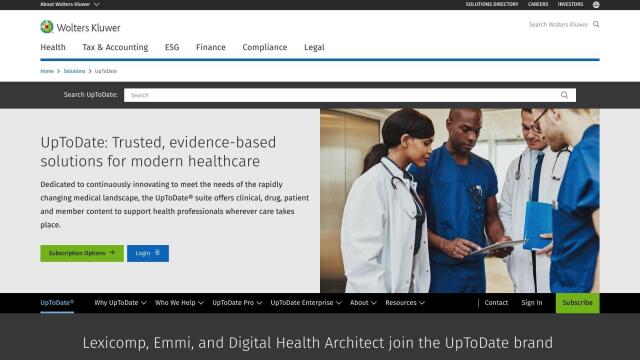
UpToDate
If you want a system to create treatment plans for patients based on the latest medical research, UpToDate is a top contender. This clinical decision support system offers evidence-based answers to clinicians and healthcare organizations so they can make decisions and deliver better patient care. With more than 7,400 clinician editors continuously updating content, it can be integrated with electronic health records (EHRs) and with mobile devices so doctors and other medical staff can get the latest information wherever they are.

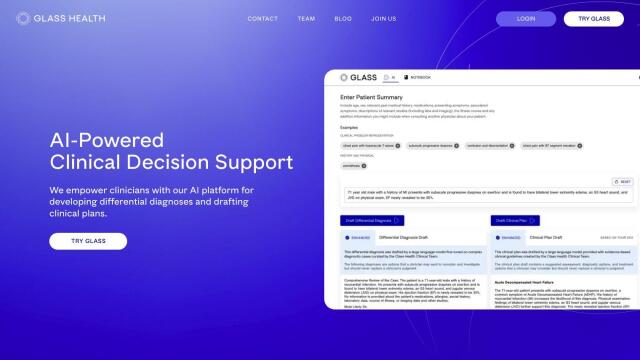
Glass
Another contender is Glass, which uses AI technology to help clinicians create differential diagnoses and treatment plans. By processing patient summaries and suggesting evidence-based diagnostic and treatment steps, Glass is designed to improve diagnostic accuracy and treatment adherence and thus patient outcomes. The service combines a large language model with peer-reviewed clinical guidelines written and updated by doctors, so it's a good option for health care professionals.

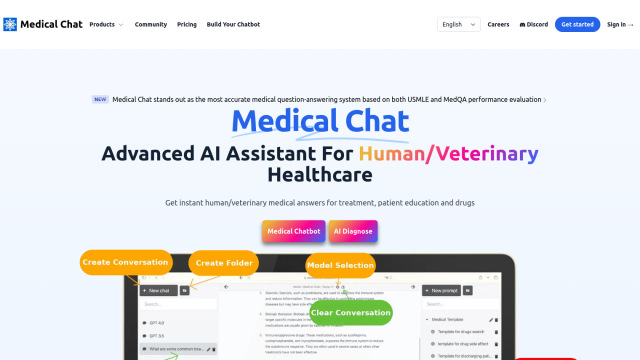
Medical Chat
Medical Chat is another system that can generate patient-specific clinic plans. This AI assistant supplies immediate medical answers, clinic plans and patient education based on credible, cited sources. It offers customizable prompt templates and the ability to switch between language models, so it can be used in a variety of ways by health care professionals. Medical Chat works for human and veterinary medicine, and it can be integrated with other systems, so it can be used for a variety of needs.
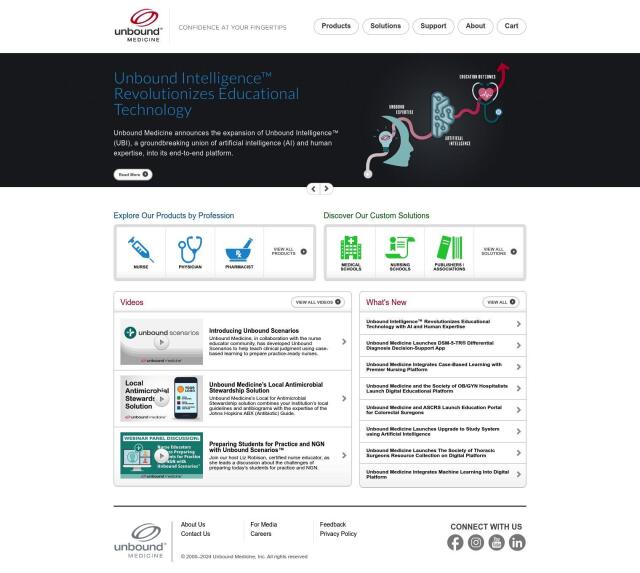
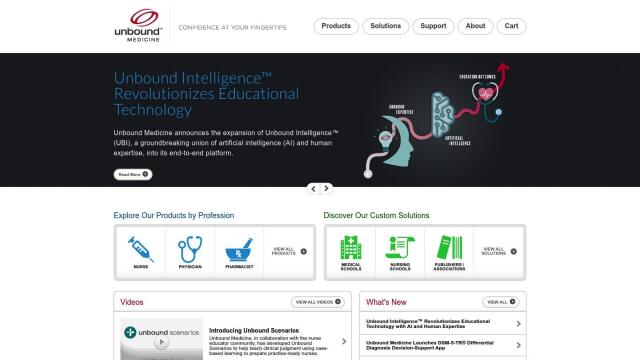
Unbound Medicine
Last, Unbound Medicine offers a collection of web and mobile apps for health care professionals. Its system offers access to current, evidence-based information at the point of care, covering a broad range of medical topics and tools. With tools like Unbound Intelligence, which marries AI with human expertise for better educational technology, Unbound Medicine helps health care practice and education with authoritative and up-to-date information.

